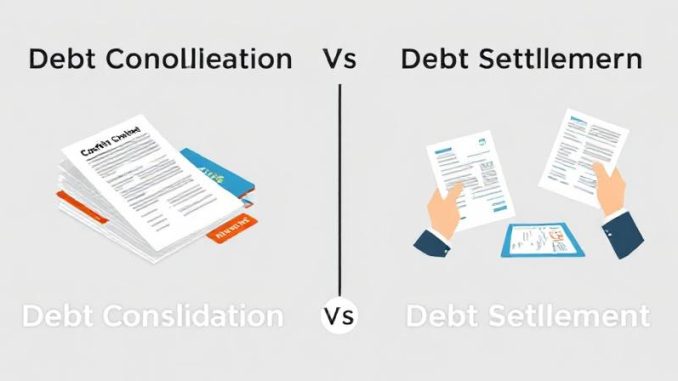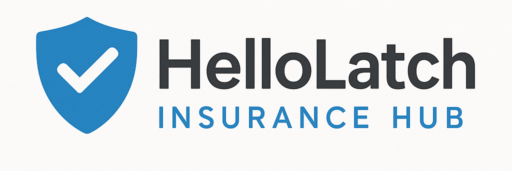
Understanding Your Options
When your credit card bills, personal loans, and medical expenses start piling up, choosing the right debt relief strategy can feel overwhelming. Two popular routes—debt consolidation vs. debt settlement—offer different approaches to getting back on track. Understanding how each works, and which one aligns with your financial goals, is the first step toward regaining control of your money.
What Is Debt Consolidation?
Debt consolidation involves taking out a single loan to pay off multiple existing debts. This streamlined approach often comes with:
- Lower interest rates: If you qualify for a balance-transfer credit card or a consolidation loan, you could reduce the overall interest you pay each month.
- Simplified payments: Instead of juggling various due dates and minimum payments, you make one monthly payment toward your new consolidated loan.
- Potential credit benefits: As long as you continue making on-time payments, your credit score may improve over time.
However, debt consolidation vs. debt settlement is a decision that requires careful thought. If you don’t address the habits that led to your debt, you may end up accumulating new balances even after paying off the old ones.
What Is Debt Settlement?
Debt settlement is a negotiation process in which you—or a debt settlement company—attempts to convince creditors to accept less than the full balance owed. Key features include:
- Reduced principal: You might be able to settle a $10,000 balance for, say, $6,000, saving money on the total amount paid.
- Lump-sum requirement: Creditors usually want one lump-sum payment or a series of payments within a short timeframe.
- Credit impact: Settling a debt typically requires you to stop making regular payments while negotiations take place, which can significantly damage your credit score in the short term.
Debt consolidation vs. debt settlement—which strategy is better depends on your current financial position. Debt settlement can be attractive if you’re already behind on payments and face mounting late fees. But be mindful of potential tax implications—credit forgiven by creditors may be considered taxable income.
Pros and Cons of Each Option
| Aspect | Debt Consolidation | Debt Settlement |
|---|---|---|
| Impact on Credit | Can improve score with consistent, on-time payments | Often lowers score due to missed payments |
| Total Cost | May reduce overall interest paid | Can lower principal but carry settlement fees |
| Timeframe | Typically 3–5 years | Negotiation can take months or years |
| Fees | Origination fees on loans or balance transfers | Settlement companies charge up to 25% of savings |
| Best For | Borrowers with good credit seeking simplicity | Struggling borrowers facing serious delinquency |
Which Path Is Right for You?
If you still qualify for a low-interest loan and can commit to disciplined repayment, debt consolidation may be your best bet to lower monthly costs and rebuild your credit. On the other hand, if you’re already behind on payments, facing aggressive collection calls, and can muster a lump-sum settlement, debt settlement might offer the fresh start you need—albeit with a temporary hit to your credit score.
Tip: Before making a decision, run the numbers for both strategies. Use an online debt calculator or consult a reputable credit counselor to compare total costs and timelines.
Conclusion
Choosing between debt consolidation vs. debt settlement hinges on your credit profile, discipline level, and long-term goals. By weighing the pros and cons—and seeking professional guidance when needed—you can select the financial path that leads to greater peace of mind and, ultimately, debt freedom.

Leave a Reply